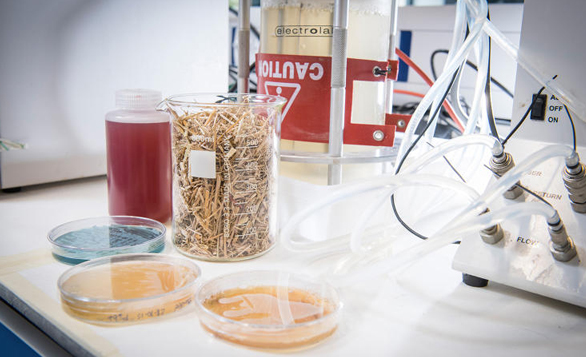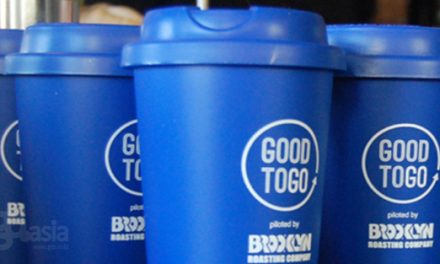That’s been a long-term problem for orangutans, which happen to live in the same Indonesian rainforests that are bulldozed to make way for palm oil plantations. So now researchers are working an alternative: A fake palm oil made from yeast and food waste.
The new process, developed by researchers at the University of Bath and University of York in the U.K., creates the right conditions for a particular yeast called Metschnikowia pulcherrima to produce a thick oil that’s almost exactly the same as palm oil.
Turning food waste into something the yeast can eat normally takes a lot of energy—using something called “steam explosion”—but the team has come up with a different way to do it using a microwave. That also happens to be much cheaper. With a new $6.3 million grant from the U.K. government, the researchers are working on scaling up their process, first in 30-liter bioreactors, and later to industrial size containers. “Ultimately, cost will determine success or otherwise,” says Scott. “This must be close to the trading value of palm oil, unless our substitute attracts a premium from environmentally conscious purchasers within the supply chain.”
Source: Fast CoExist











